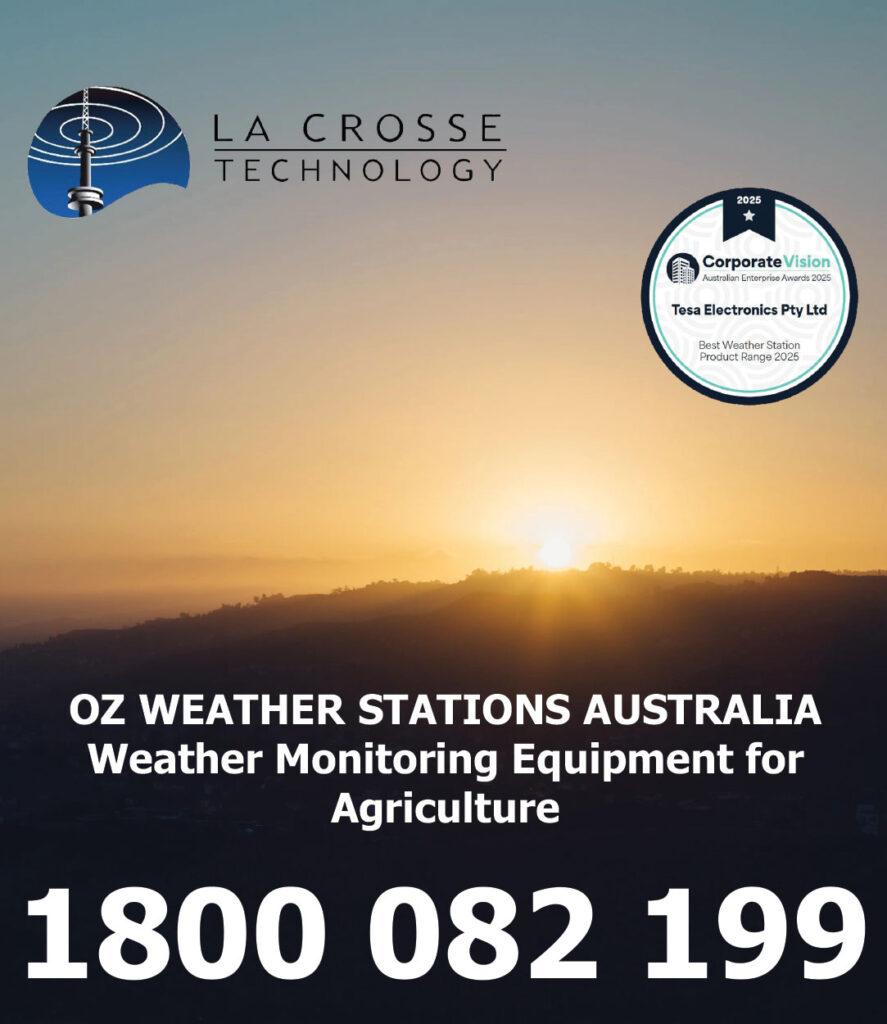Commonwealth Biosecurity 2030 was released today and outlines the Australian Governments roadmap to build a stronger, smarter biosecurity system through to 2030.
Secretary of the Department of Agriculture, Water and the Environment and Australia’s Director of Biosecurity, Mr Andrew Metcalfe AO, said it would ensure Australia’s biosecurity system stays ahead of current and growing biosecurity threats.
“We are facing growing biosecurity risks that are becoming more complex and harder to manage, as pests and diseases spread overseas and more cargo and mail arrives in Australia,” Mr Metcalfe said.
“A strong biosecurity system is all that stands between us and these growing risks.
“Commonwealth Biosecurity 2030 outlines how we will build our future system and keep Australia at the forefront of best-practice biosecurity.
“We’ll do this by focusing on better governance and regulation, improved use of available technology, supporting our people capability, as well as sustainable, effective funding.
“This will give us strong ongoing commitment from those who play a key role in our biosecurity system, such as industry, government and community.
“It will also support our people capability on the ground, and better use of data and technology so we can work smarter.
“It gives us a roadmap to establish a regulatory environment that will allow us to respond to the biosecurity opportunities and challenges we face.
Head of Biosecurity at the department, Deputy Secretary Mr Andrew Tongue PSM, said Commonwealth Biosecurity 2030 also highlighted that a sustainable funding and investment model would be a priority for our future biosecurity system.
“Australia’s biosecurity system relies on partnerships, relationships and involvement from a range of stakeholders across the country,” Mr Tongue said.
“To deliver the priorities outlined in Commonwealth Biosecurity 2030, we will use our strong existing relationships to guide annual action plans and work toward a National Biosecurity Strategy.
“Commonwealth Biosecurity 2030 will guide our response to recommendations from previous reviews, including by the Inspector-General of Biosecurity and the Australian National Audit Office.
“These reviews have highlighted systemic challenges we need to address going forward.
“As the document outlines, our goal for Australia’s biosecurity system by 2030 captures the critical role it plays for our country.
“We need it to be a risk-based system that effectively, efficiently and sustainably protects Australia against the biosecurity threats of today and tomorrow. “
Commonwealth Biosecurity 2030 is available on the department’s website.
For more information on Commonwealth Biosecurity 2030 see www.agriculture.gov.au/biosecurity/commonwealth-biosecurity-2030 and Delivering Ag2030 see www.agriculture.gov.au/ag-farm-food/ag2030
The Commonwealth’s biosecurity goal will be realised by taking 9 strategic actions:
· Accelerate efforts with our partners to create a strong, future orientated and efficient national biosecurity system
· Expand offshore assurance arrangements and overseas supply chain integration
· Grow our partnerships with near neighbours to build risk management capability and build engagement with international bodies
· Invest in a skilled and responsive workforce supported by improved regulatory tools and information
· Roll out advancements in detection technologies and business practices
· Generate greater shared responsibility by improving awareness and understanding
· Increase offshore intelligence, research and analysis of data to find the best way to plan for emerging threats
· Be better prepared for pest and disease incursions
· Align our funding and investment model with future needs










